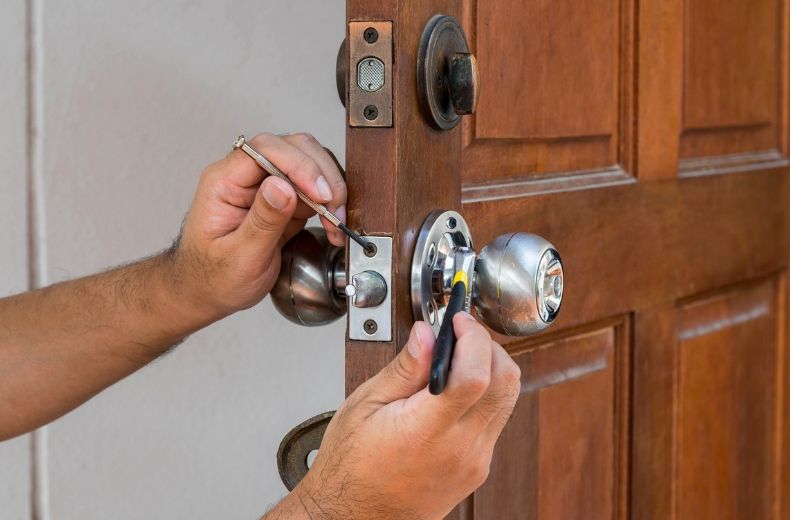The data focussed on which occupations produce the most speeding offenders and it’s not good news for locksmiths – named the most likely to be caught going too fast.
Locksmiths have taken the dubious title from professional footballers, who were named the most likely to be caught speeding in 2017.

RAC sale – up to 33% off*
• Roadside cover from £5.49 a month†
• We get to most breakdowns in 60 mins or less
• Our patrols fix 4/5 breakdowns on the spot

The survey also revealed that alarm fitters are the most likely to be caught using a handheld mobile phone while driving, while entertainers receive the most convictions for traffic signal offences.
Despite how uncommon the job might seem to many of us, the second most likely workers to be caught speeding in 2018 were oil rig workers.
READ MORE: Speeding fines — how much you now have to pay
Creative directors were the third most likely to speed, while last year’s worst offenders, professional footballers, racked up the seventh highest amount of convictions.
At the other end of the scale, the least likely to get caught driving over the speed limit is, perhaps unsurprisingly, insurance clerks.
The least likely profession to be found using a phone behind the wheel was lecturers, while operations managers were found the most unlikely to face a traffic signal conviction.
The Admiral study comes after the introduction of tougher penalties in April 2017 that fine drivers who speed excessively in line with their income.
SEE ALSO: Driving without due care and attention — our guide to staying safe
Motorists who drive at 51mph in a 30mph zone, or 101mph on a motorway now face financial penalties that start at 150% of their weekly income.
Speaking in 2017, RAC road safety spokesman Pete Williams supported the introduction of these tougher measures on those who speed excessively.
He said: “Hopefully, hitting these offenders harder in the pocket will make them think twice before doing it again in the future. But tougher penalties are only effective in changing behaviour or increasing compliance if drivers genuinely believe that they are likely to be caught and prosecuted for breaking the law.”
Copyright Press Association 2018. Motoring News articles do not reflect the RAC's views unless clearly stated.
Did you know, you can get fined for moving out of the way of an ambulance?
Want more useful content like this sent straight to your inbox?






